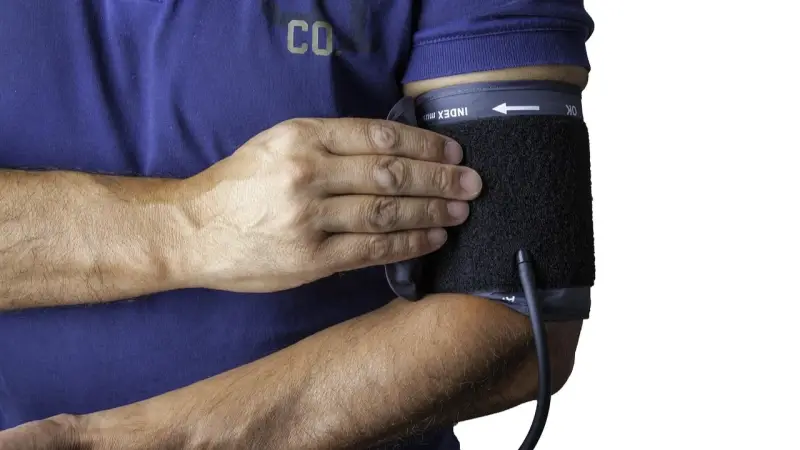
Research has shown that showing kindness may contribute to alleviating stress, reducing the feeling of physical pain, combating feelings of loneliness, and maintaining “health” for longer.
The Essence of Kindness
We often think of kindness as an act we perform towards others, such as opening a door, giving a compliment, or helping a stranger cross the road. However, studies indicate that these small, noble gestures may also benefit us.
“Kindness can give you a very positive and warm feeling that connects you to the other person,” says Zita Orovecz, professor of human development and family studies at Pennsylvania State University in the United States.
Psychologists have even given it a name: “Positivity resonance,” a brief but impactful moment of shared goodwill that can resonate throughout the body.
“It happens on a biological and behavioral level,” Orovecz explained. People exchange smiles, the love hormone oxytocin is released, and their heartbeats synchronize.
When our brains release neurochemicals like oxytocin, dopamine, and serotonin, they help reduce stress hormones like cortisol. Over time, this can help lower blood pressure and reduce inflammation.
The Science of “Positivity Resonance”
This phenomenon has clear health effects. Studies show that acts of kindness can relieve stress, reduce anxiety, improve mood, and even alleviate physical pain.
In an experimental study published in 2022, people who were asked to perform kind acts regularly showed a significant reduction in symptoms of depression and anxiety compared to those who were not asked to do so.
The Mental Health Foundation in the UK points to similar benefits: Helping others reduces stress and improves self-esteem, happiness, and overall mental health.
An international study published online by the “Journal of Social Psychiatry and Psychiatric Epidemiology” also indicated that kindness reduces social isolation and loneliness, two things that are increasingly associated with a variety of health problems.
(Translations)

















